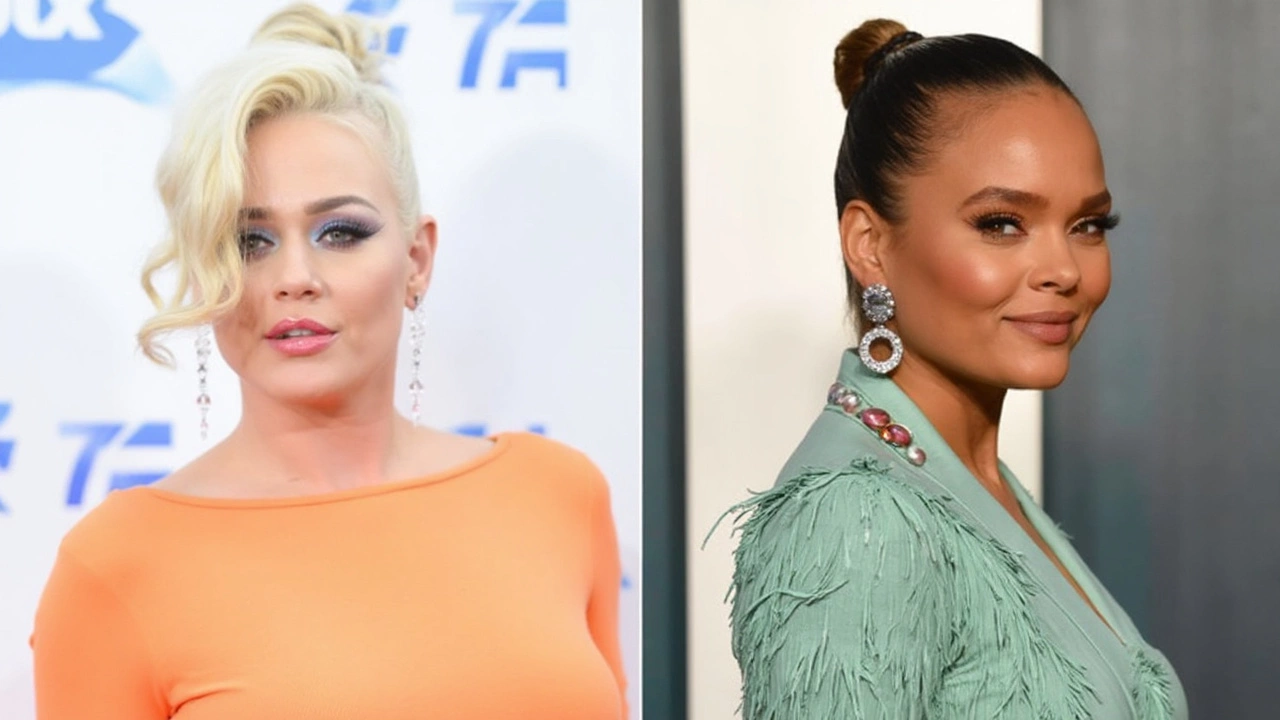Chrissy Teigen's Bullying Past Comes Under the Spotlight
The topic of online bullying took over headlines again when Chrissy Teigen, a well-known model and TV personality, publicly apologized to Courtney Stodden for harassment that began a decade earlier. Teigen’s messages weren’t just mean—they were overtly cruel. She didn’t just troll Stodden in public tweets, but went as far as to send direct messages telling a teenager, “I can’t wait for you to die.” At the time, Stodden was just 16, enduring very public scrutiny for their marriage to a much older actor. Now, more than ten years later, the world is demanding honesty about how celebrities use social media—and whether apologies made on a public stage actually mean anything.
Teigen’s apology surfaced after Stodden shared their story with The Daily Beast, describing years of trauma caused by targeted attacks from high-profile figures like Teigen. The public apology was sweeping, with Teigen calling her younger self an "attention-seeking troll" acting out of deep insecurity. But for Stodden, Teigen’s words left a strange aftertaste. While they "accepted" the apology, Stodden questioned its authenticity, revealing that Teigen had them blocked on Twitter since, and no one from Teigen’s camp ever reached out behind the scenes. The message was loud and clear: a public note isn’t a true fix if it comes with a block button and radio silence in private.
Sincerity, Forgiveness, and the Business of Image
Why did Teigen finally say sorry? Stodden wasn’t convinced it was about making amends. This apology, they argued, looked less like personal growth and more like brand management. At the time, Teigen was juggling lucrative deals with mainstream companies, including retail giant Target. The timing of her statement—a wave of negative press and growing online backlash—left many, including Stodden, skeptical. If the brand is at risk, an apology starts to seem less heartfelt and more strategic.
It’s not the first time Teigen’s internet behavior landed her in trouble. She quit Twitter (albeit temporarily) back in March 2021, citing the mental toll of the site, but Stodden’s story brought her past into sharp relief again. Stodden, for their part, insists on forgiveness but says they would have preferred even a single private message. Instead, they got blocked.
This situation didn’t exist in a vacuum. Teigen versus Stodden soon became a flashpoint for bigger conversations: What do we expect of celebrities who’ve used their huge platforms to harass others? Do corporate apologies hold value if they’re made to save endorsements, not feelings? And can influencers ever truly escape the harm they caused online by posting one sweeping note and moving on?
For anyone following the Chrissy Teigen and Stodden story, it’s a striking example of how celebrity bullying isn’t just a problem of the past—its ripple effects last for years, leaving real people sorting through the damage long after the tweets get deleted.
